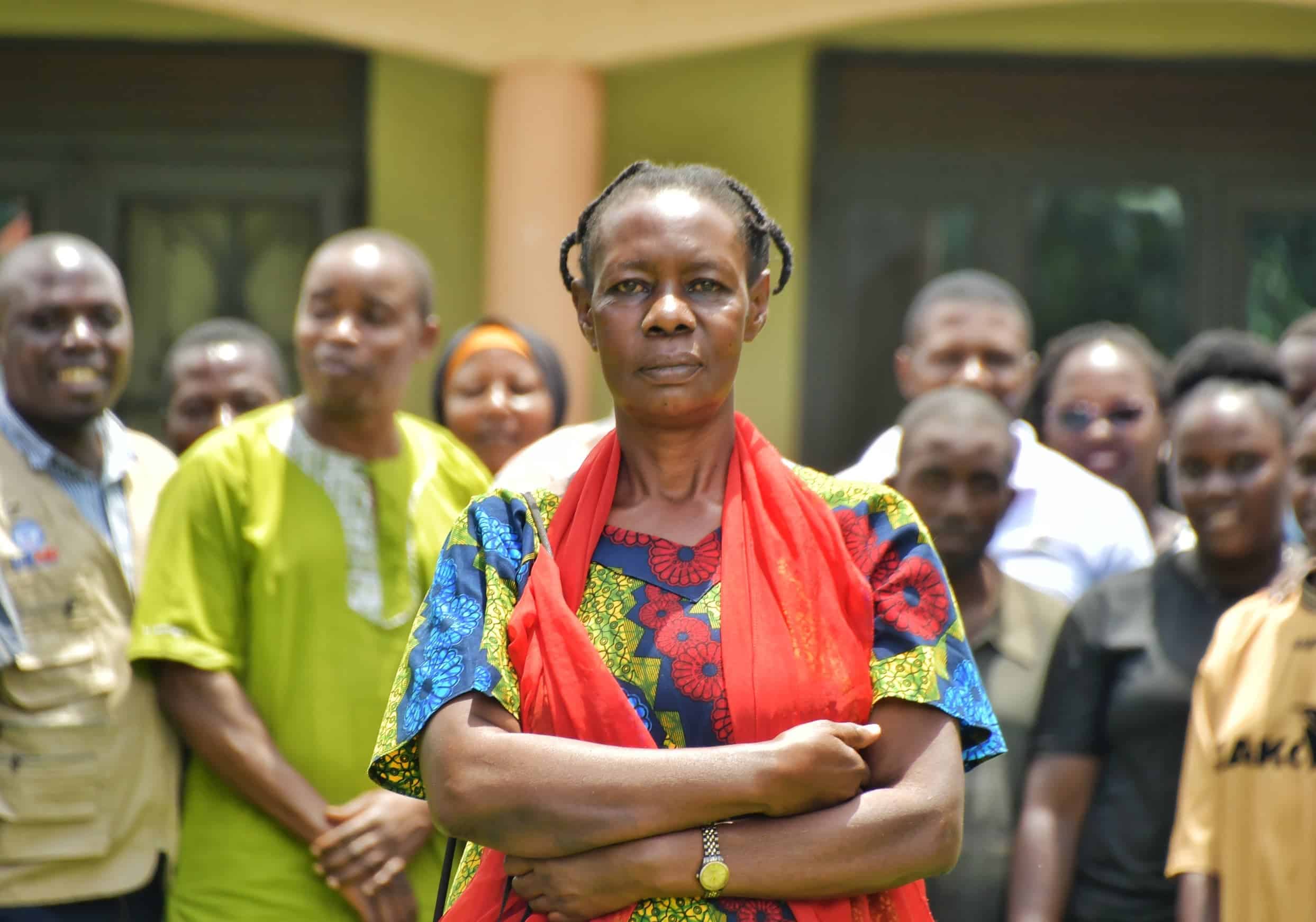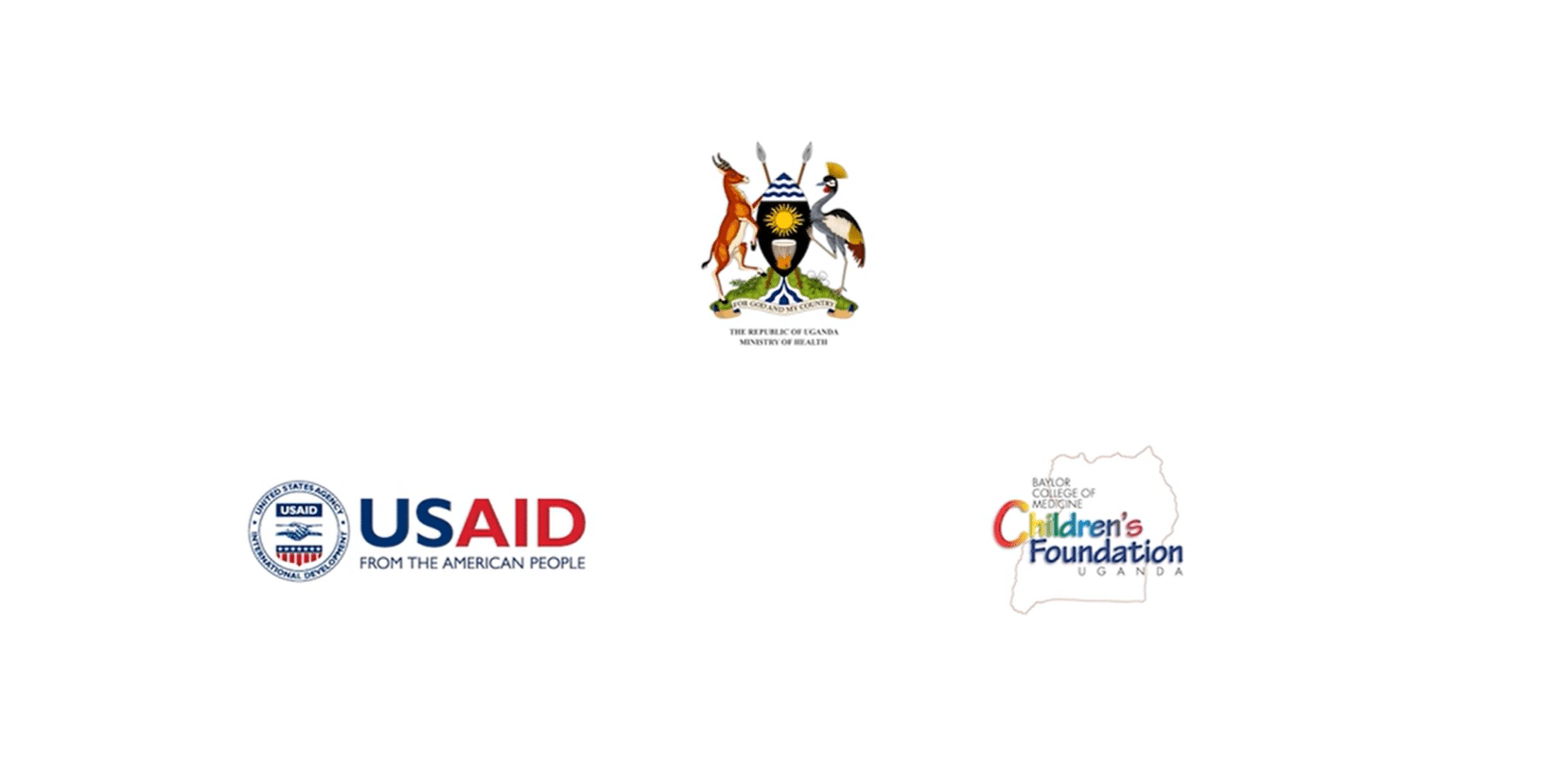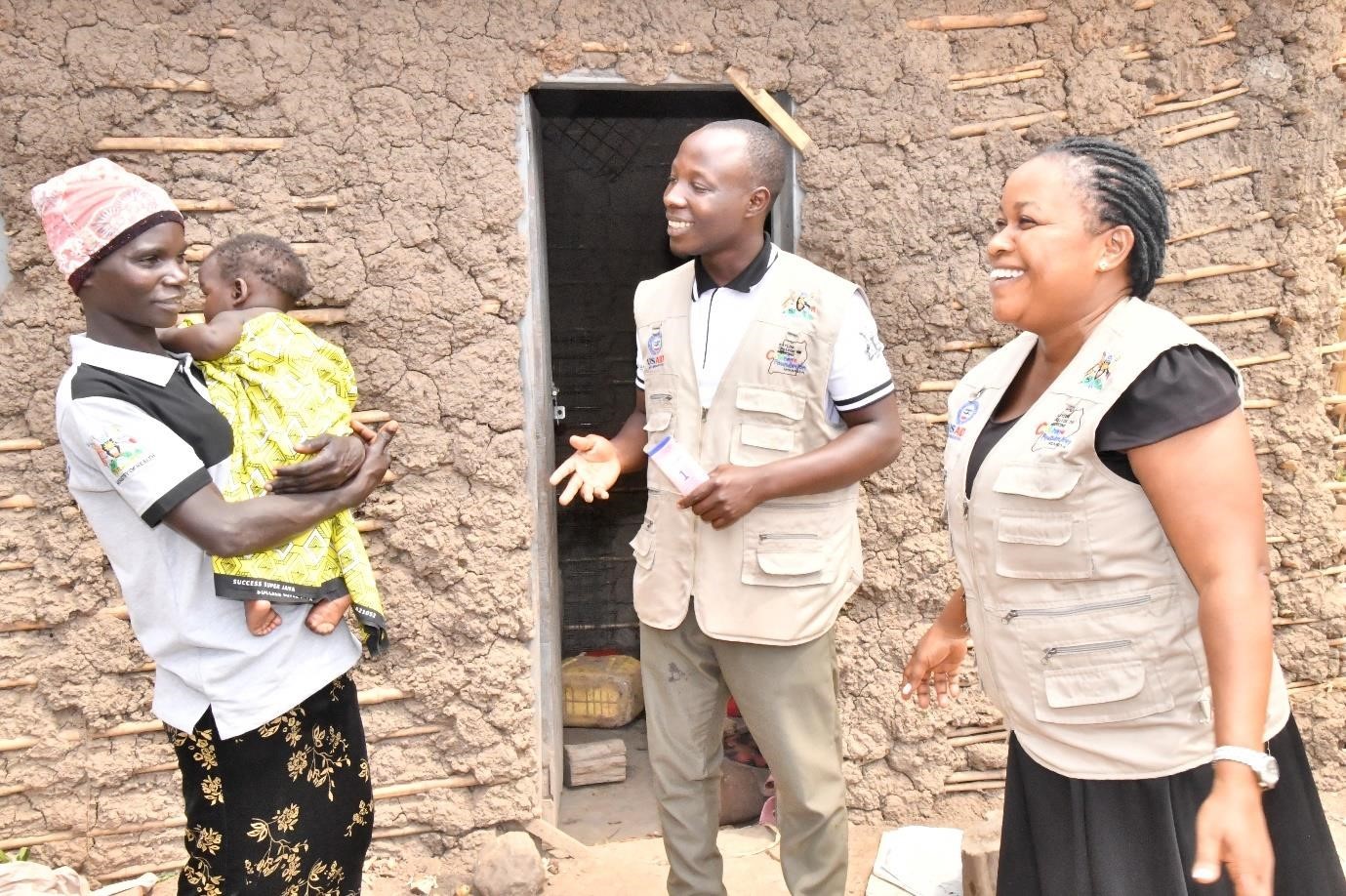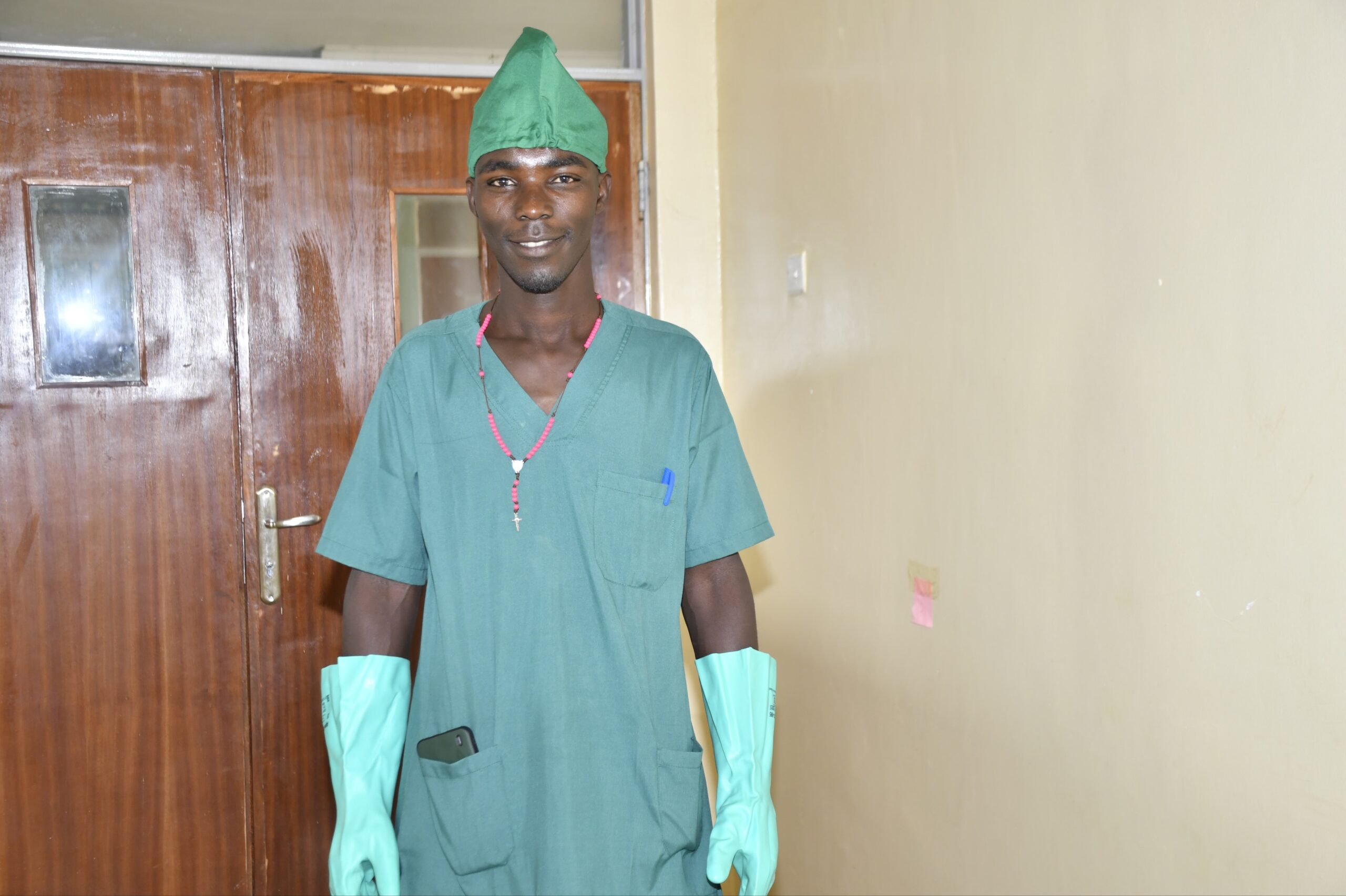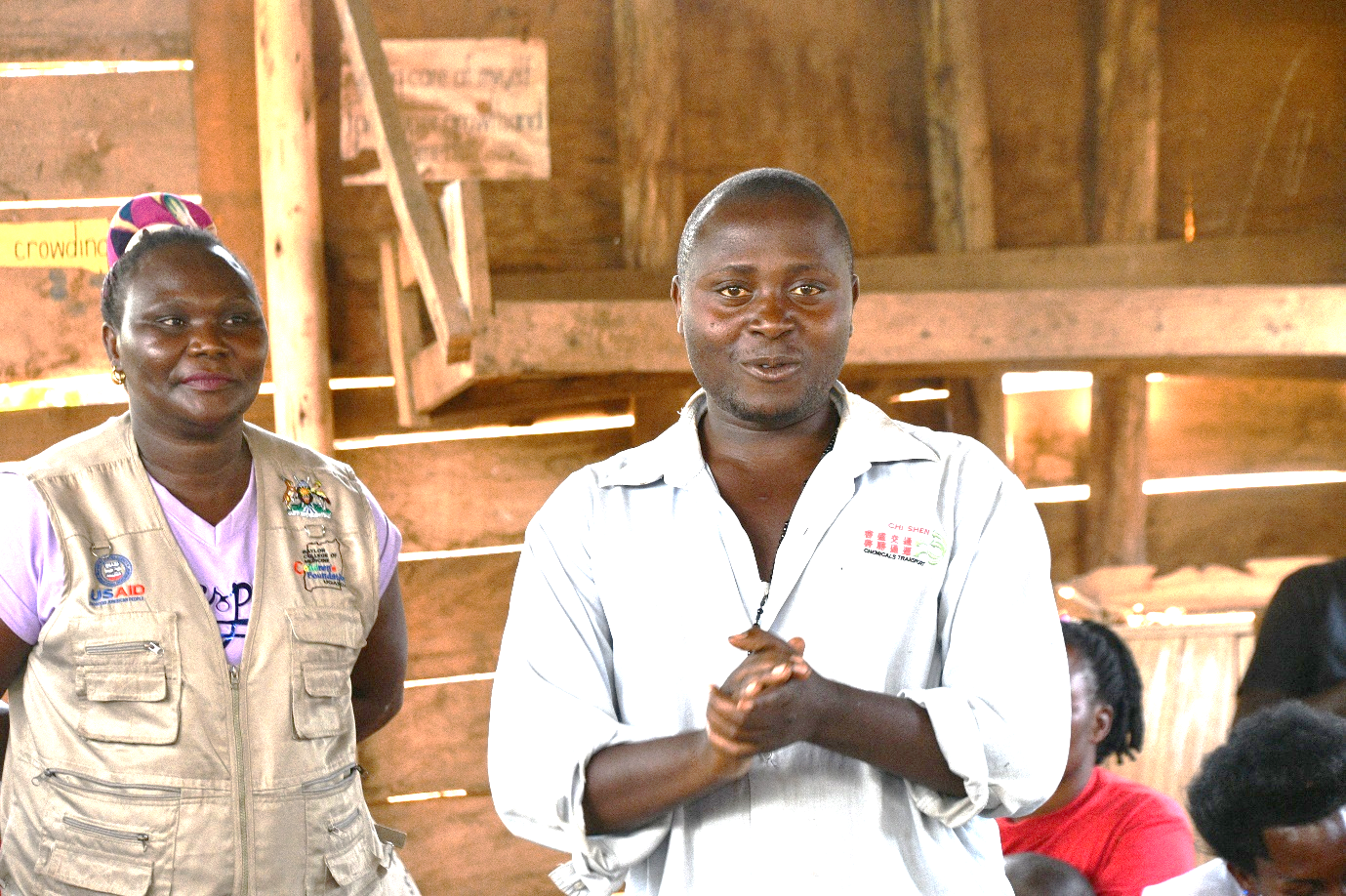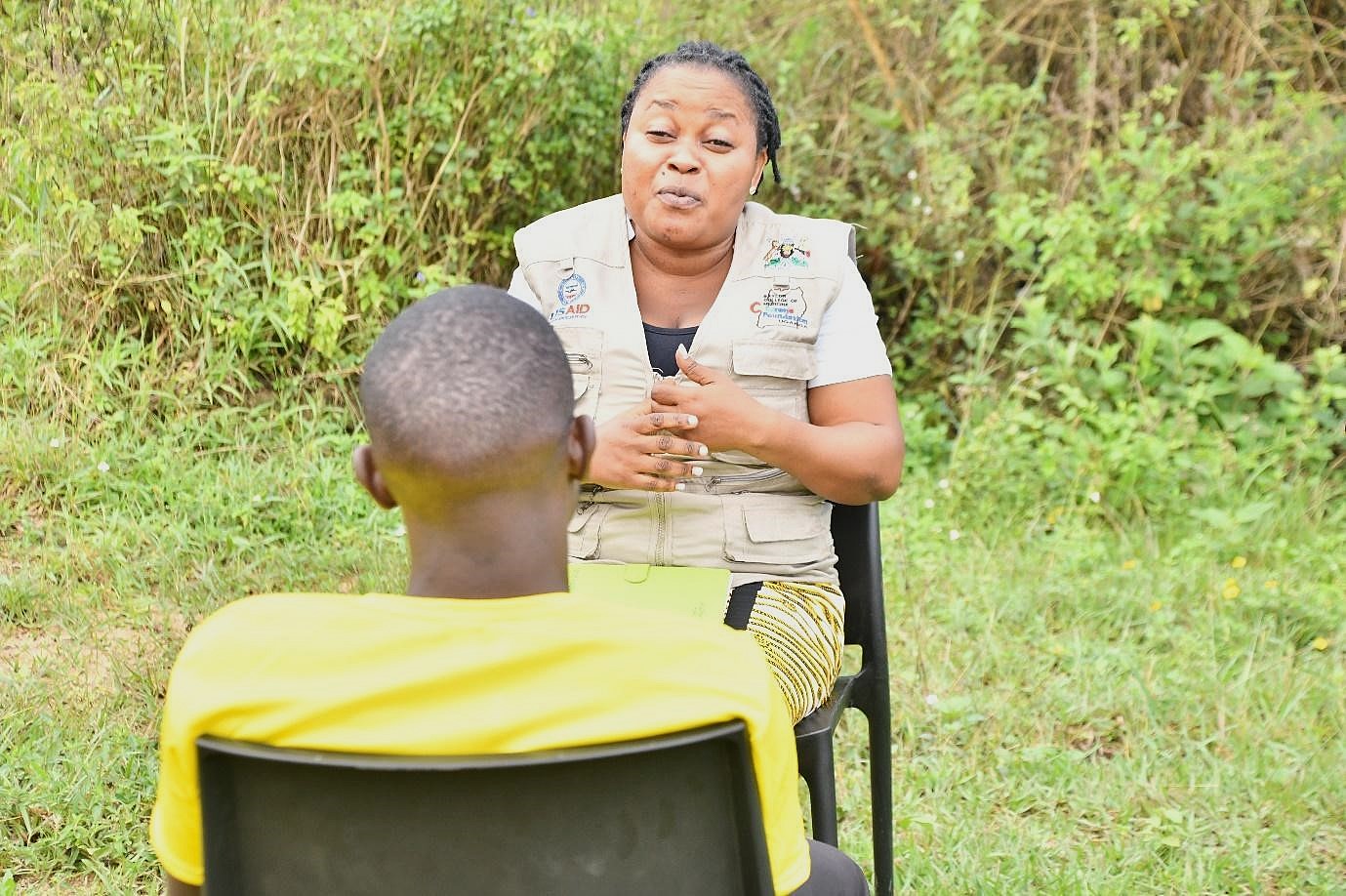Juma Sempiira, 39, is a coffee farmer who vividly remembers the day his elder brother fell sick. That was the day his life was flipped upside down. “I accompanied him from Kassanda to a clinic in Kampala to receive treatment for peptic ulcers. A few days later, he started bleeding from his nose and mouth. He was referred to Mulago National Referral Hospital where he passed away,” Juma recalls in agony.
Shunned by the community
Since recovering from Ebola, Juma has faced stigmatization and discrimination in his community. “No one wanted to sell anything to me, and people ducked whenever they saw me approaching them on the roads,” he says smiling. This smile is as a result of the support he has received from a team of mental health and psychosocial counselors from the National Ebola Survivors Program who visited him to support his reintegration into his community. They conducted community and family dialogues and couple counseling, dissipating all fear that he was contagious. The team also continued to support him until he was also discharged from semen viral persistence monitoring.
Another problem emerges
After overcoming what he believed to be his two largest obstacles, a new one presented itself. He noticed scrotal swelling and went to the survivors’ clinic, which was set up by the program with financial support from the United States Government to address medical aftereffects of the Sudan Ebola virus disease. “Other than general body weakness which had prevented me from farming, this has been the most difficult situation for me. I’m glad the clinic is still around to give me timely reviews by qualified medical professionals and high-quality care,” says Juma, who is undergoing treatment for this problem.
Receiving continuous support
According to Juma, the dedicated team of health workers has not only offered medical treatment, but also emotional and psychological support, ensuring that he never feels alone on his journey to recovery and rebuilding his life. To continue providing medical support to survivors, the program in collaboration with MOH has trained 183 health workers to implement the first-ever National Guidelines for the Care of Ebola Survivors as well as 54 Ebola ‘Survivor Corps’ to provide peer-to-peer support and educate communities about Ebola to dispel myths and misconceptions about Ebola survivors.


